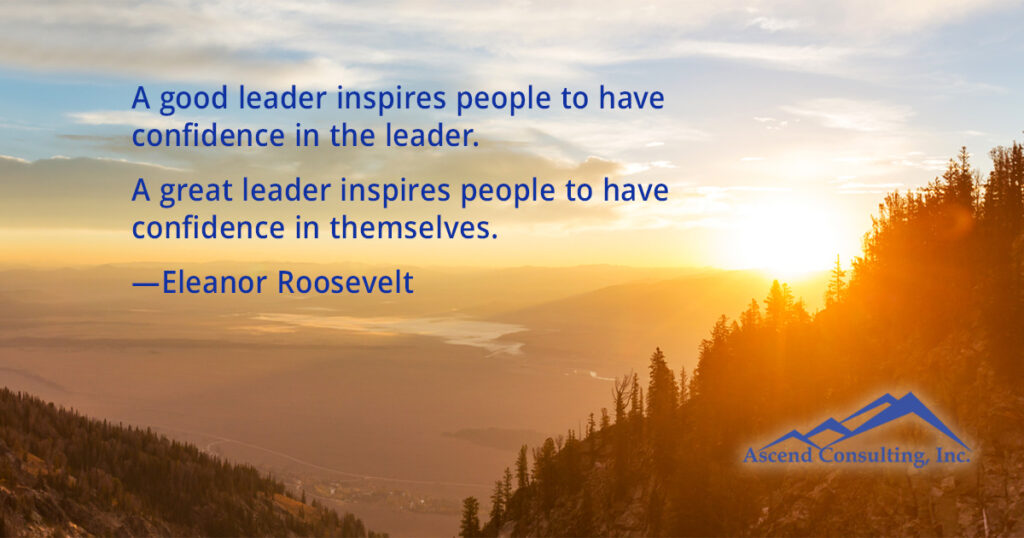What does it mean to be an excellent leader? This is a repeated topic talked about in esteemed business publications, motivational speeches, training programs, and performance reviews. As an Executive and Team Coach, it’s what all my senior-level clients aspire to. Let me share some of the foundational principles, skills, and behaviors. (Note that this is not an exhaustive list, as some of the attributes of excellence will depend upon the industry and niche of the leader’s organization.)
Core Leadership Excellence Skills:
- Integrity
- Open, transparent communication, both clear expression and fully open-minded listening
- Humility – see above listening skill
- Self-awareness
- Hunger for continued learning
- Empathy to relate to all stakeholders, especially employees
- Compassion – taking action to make a difference
- Nimble mindset – which allows nimble action
- Ability to coalesce a team
- Full commitment to build psychological safety: diversity, equity, inclusion, and belonging
- EQ skills – especially those related to navigating conflict
- Willingness to think “future back” when building a strategic plan
- A keen grasp of financial reports and constantly evolving market realities
This list could go on and on, couldn’t it? I suggest, however, that it is more the person and mindset of the leader that is foundational for excellence, combined with the willingness to learn based on humility and integrity with empathy, knowledge, and compassion to do the right thing with the help of their team. Leadership excellence is “an inside job,” but it’s not a solo occupation. The truly successful leader knows they need a team that will hold them to these standards and together make the decisions and plans that will drive results. A great leader knows those results must include profit and meaningful, respectful work for employees.



